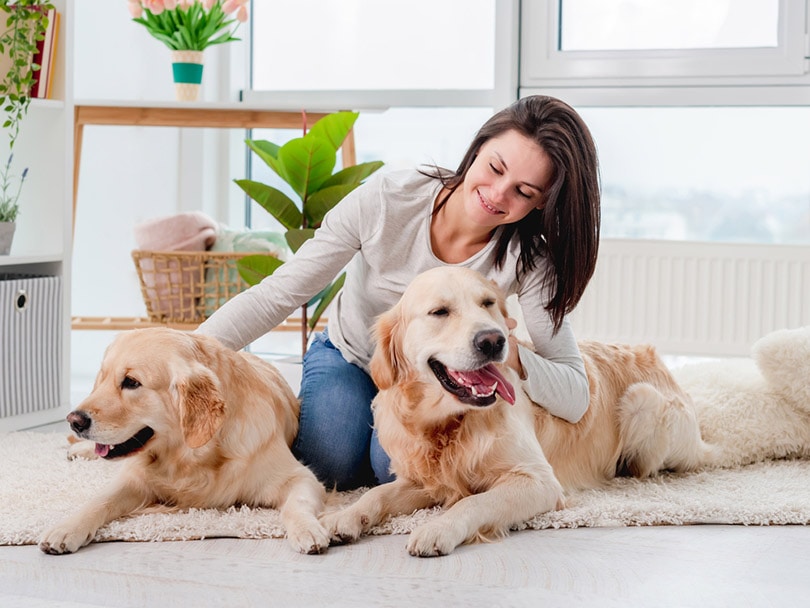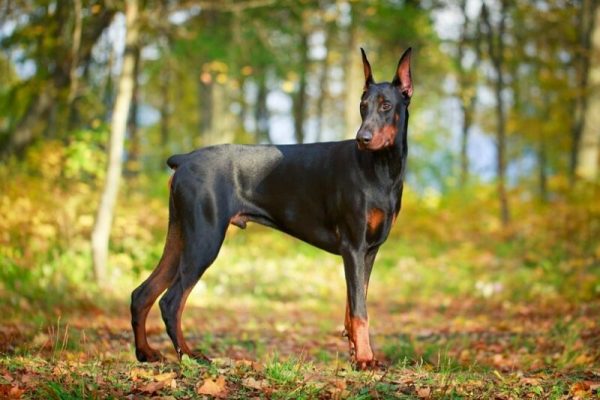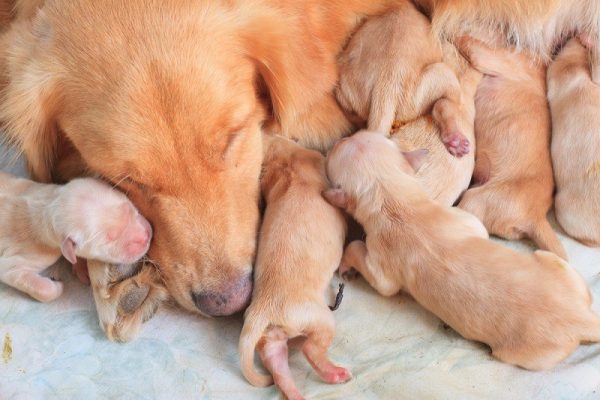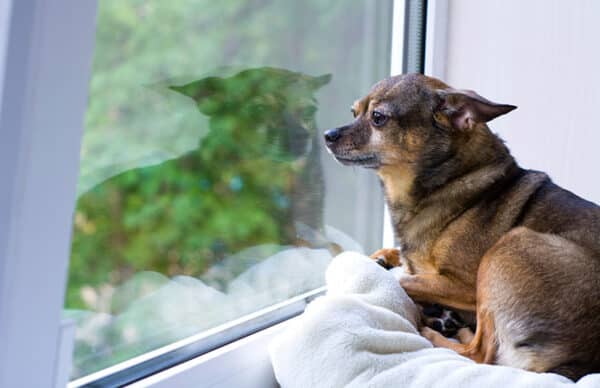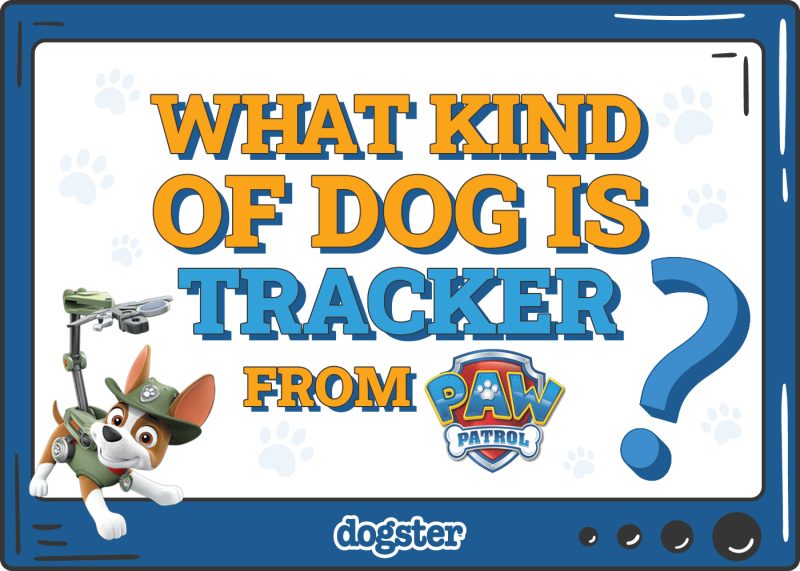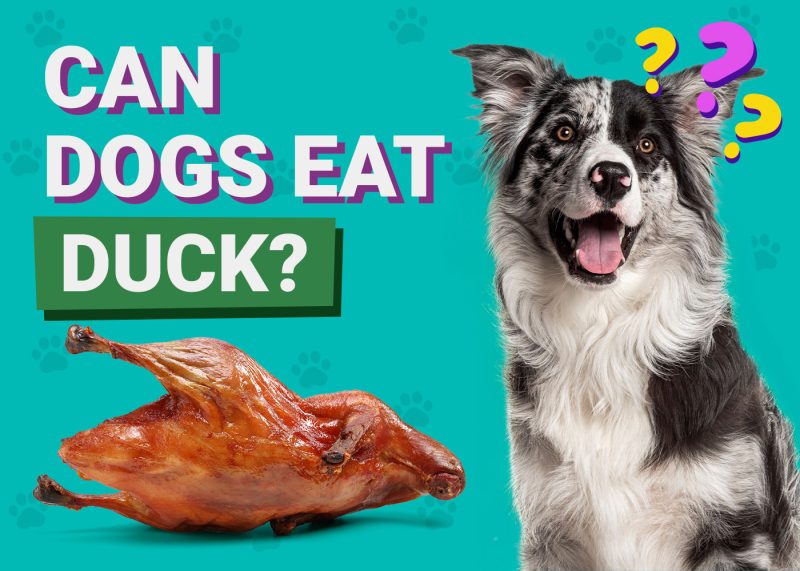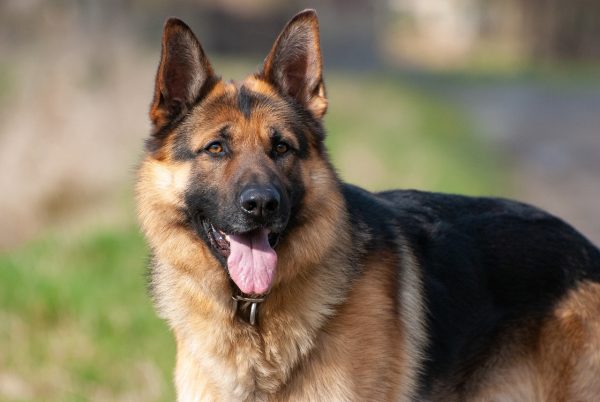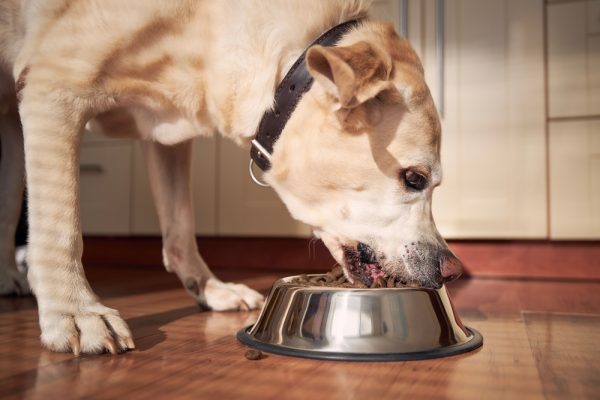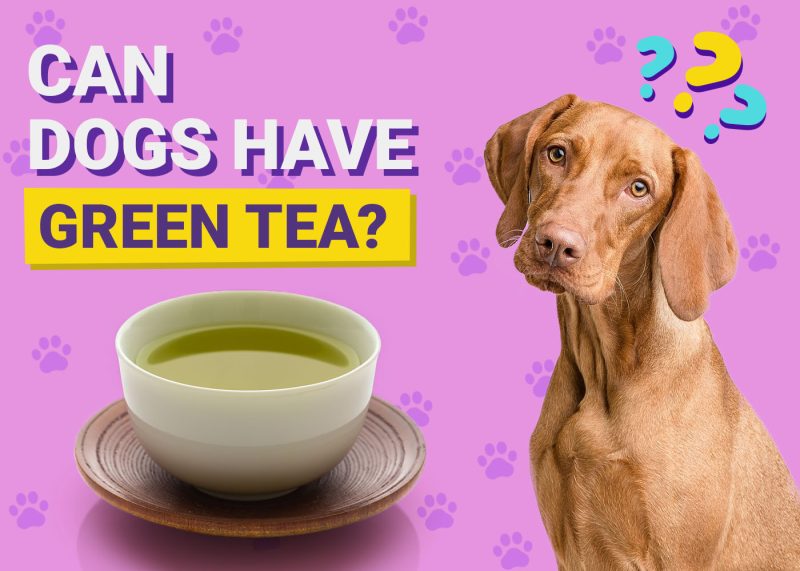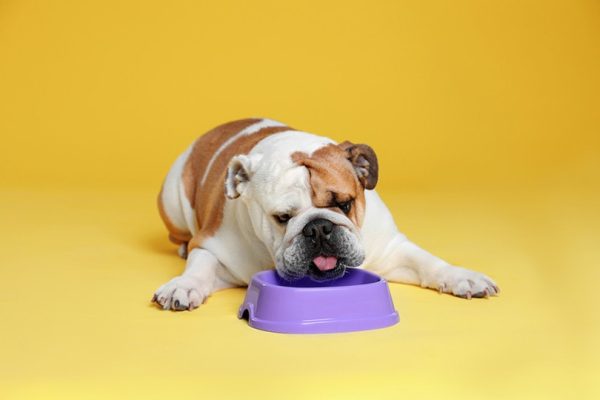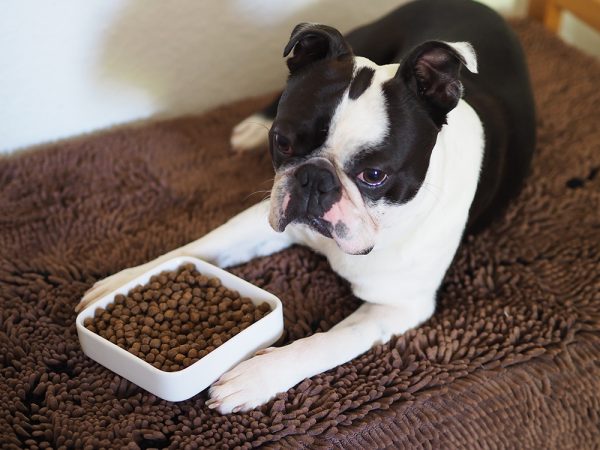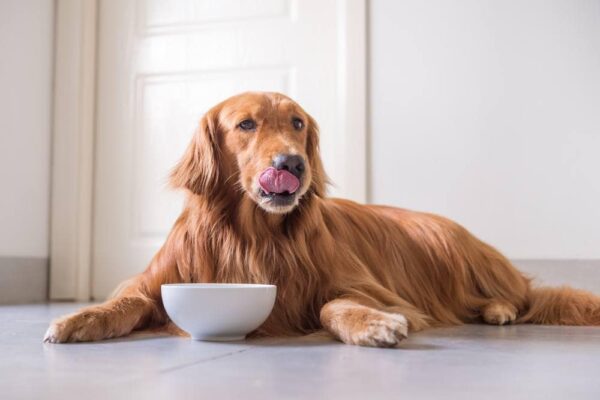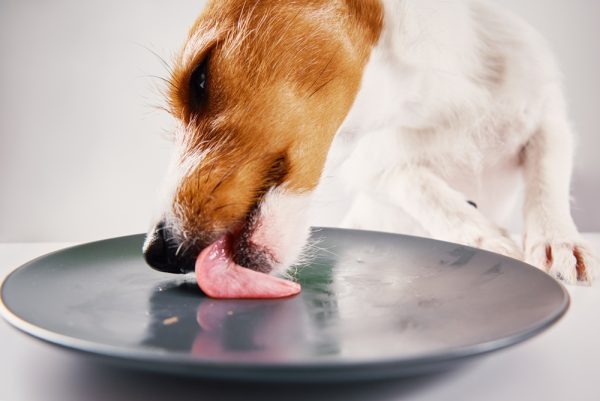It has been widely thought that dogs can feel envy and jealousy, and now there are studies that have confirmed this hypothesis, showing that dogs are able to display jealous behavior.1 While these emotions and behaviors may not be as complex as human ones, they are still fairly evident. Dogs who feel envy or jealousy may try to interfere in their owner’s social interaction with another rival dog, or they may pull toward their owner, bark, or even become aggressive. Some dogs may seem frustrated or sad when they’re around other dogs who receive more attention, food, or toys than them.
Read on to find out all about this fascinating emotion in our canine companions.

What Circumstances Might Trigger Envy or Jealousy in Dogs?
Generally speaking, although there is now available research on this topic, a lot of it remains speculation. The studies mostly looked at how dogs behave when their owners interact with another dog or a toy that looks like a dog, and if this causes them to be jealous. And yes, it does.
We can suspect dogs can get jealous or envious if their owner is giving attention to another dog via petting, playing with the other dog, or offering them food or toys, even if the jealous dog can’t quite see this exchange of attention.
Jealousy can be provoked by a relationship or interaction between the dog’s owner and another dog, while envy may be focused on the dog’s possessions. There are a few different circumstances that might trigger envy or jealousy in dogs.
Sometimes, you may have seen that some dogs do not like to share their toys, and as soon as another dog picks up one of their toys, they try to take it back. A bit like kids sometimes, aren’t they?
Some dogs may even become aggressive if they feel threatened by the presence of another dog, particularly in their territory such as their home, or if another dog tries to take their toy or eat their food. This may lead to barking, growling, and sometimes even aggression.

How Do We Know That Dogs Are Capable of Feeling Envy or Jealousy?
Researchers from the University of Vienna investigated whether dogs show jealousy or envy when one dog is rewarded while the other is not. Dogs were arranged in pairs and sat next to one another during the test. They learned to shake hands by extending their paw and placing it in a person’s hand. Only one dog was rewarded for “shaking hands” per pair. The unfair distribution of rewards caused the unrewarded dogs to eventually refuse to follow commands and stop doing the task. Moreover, when their partner received the reward, the unrewarded dog looked at their partner more and seemed stressed.
Some people argue that this is due to exclusion rather than envy or jealousy and is simply caused by unrewarded behavior and frustration. However, a similar experiment was performed without a partner but without rewards to ensure that the interaction between the dogs was more important than their frustration at not getting rewarded. This resulted in the dog continuing to present their paw for an extended period without showing signs of irritation or frustration, while when presented with a partner and not receiving a reward, they would stop obeying if not rewarded much sooner.
Other Research on Envy & Jealousy in Dogs
In a 2014 study published by researchers from the University of California, San Diego, a modified version of a test normally used with infants was utilized to measure jealousy in dogs. As a reaction to their owner interacting with something like an animated, stuffed dog while ignoring their own pooch, dogs showed a variety of behaviors, from holding their tails up, to pushing or touching their owners or the object itself, to getting between the owner and the object. Some also reacted aggressively to plush animals, such as snapping or growling at them.
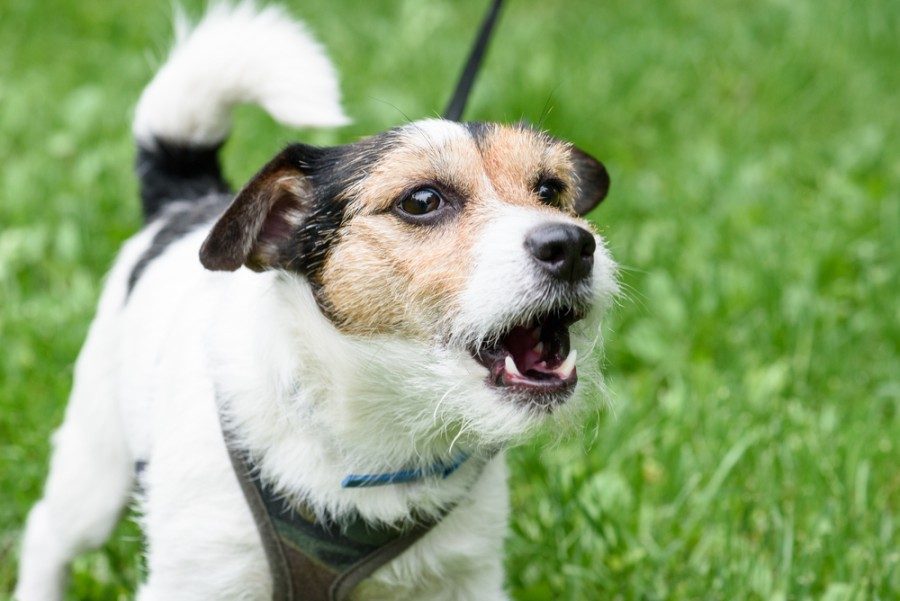
How Do Dogs React When They Feel Envious or Jealous?
There are many potential signs of jealousy and envy in dogs. The study of envy and jealousy in dogs is a relatively new field of research, but scientists have already made some interesting discoveries about how dogs react when they feel envious or jealous. For example, one study found that when dogs witnessed their owner giving attention to even a hidden rival, they were more likely to bark and pull on their leash, as if they were trying to get the owner’s attention back.
It appears that dogs may react differently to feeling envious or jealous, depending on the situation. For example, if a dog perceives that another dog has something that they want (such as a toy or food), they may become agitated or aggressive. If a new dog or a puppy has joined a dog’s home, some may become clingy by seeking extra attention and reassurance. They may also become withdrawn or territorial, become more interested in stealing food, or show changes in their behavior that are unlike them.

Do Dogs Experience the Same Emotions as Humans When It Comes to Envy & Jealousy?
When it comes to envy and jealousy, there is a lot of debate as to whether or not dogs experience the same emotions as humans. Although research suggests that dogs do experience envy and jealousy, the evidence is not as clear-cut as it is for humans. Some people believe that dogs simply react to certain situations in a way that makes us assume they are feeling envy or jealousy but that they do not actually have those emotions.
Usually, this is referred to as a competitive situation where your pet is competing with another individual—a human, dog, cat, or anything else—for something they want. Others argue that since dogs share many of the same physical and behavioral characteristics as humans when it comes to envy and jealousy, it is safe to say that they do experience those emotions.
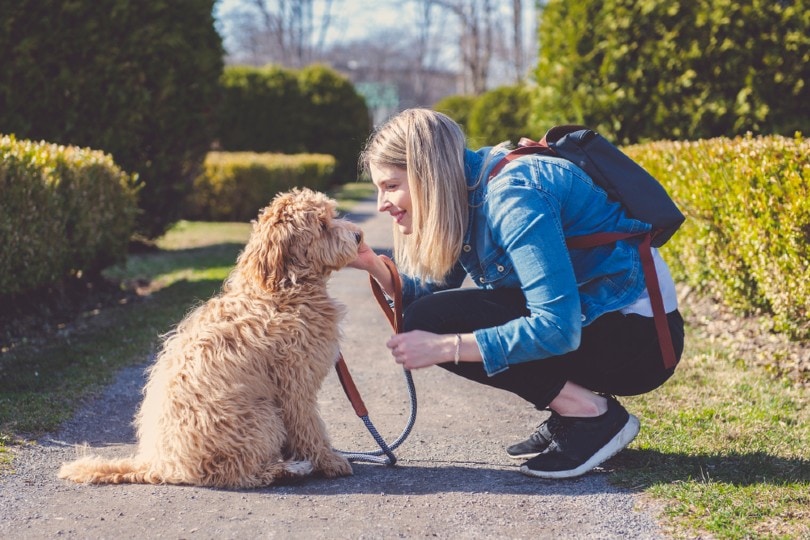
Can Owners Help Their Dogs Overcome Envy or Jealousy?
When two dogs are best friends, and one is suddenly given a toy or treat that the other dog wants, it can cause envy or jealousy, or at least competition. Owners can help their dogs overcome envy or jealousy by reassuring their dogs that they are still loved and by training them to share toys and treats. Many dog owners may have experienced their dogs becoming envious or jealous of other family members, guests, or other dogs.
It is important to note the circumstances in which these behaviors occur, as they can be indicative of deeper issues. In some cases, envy or jealousy may be symptomatic of insecurity on the part of the dog and can be addressed through positive reinforcement and training. In more serious cases, however, envy or jealousy may be indicative of a more serious behavior problem such as dominance aggression, and professional help should be sought.
If you need to speak with a vet but can't get to one, head over to PangoVet. It's our online service where you can talk to a vet online and get the advice you need for your pet — all at an affordable price!


Final Thoughts
In conclusion, there is no definitive answer to whether or not dogs can feel envy or jealousy like we can, but there is certainly evidence that suggests they can. Dogs may not understand the complex emotions that humans experience when they feel envious or jealous, but they do experience similar feelings of frustration and competition around resources . Although there is evidence that suggests that dogs may be capable of experiencing these emotions, further research is needed in order to better characterize and offer explanations of certain dog behaviors that can be interpreted as jealousy.
If you are a dog owner, it is important to be aware of the signs that your dog may be feeling envious or jealous and to take steps to help alleviate these feelings. If you suspect your dog is feeling envious or jealous, it is important to be understanding and help them work through those emotions.
- Related Read: Can Dogs Feel Shame or Guilt? Exploring Canine Emotions
Featured Image Credit: Tatyana Vyc, Shutterstock
